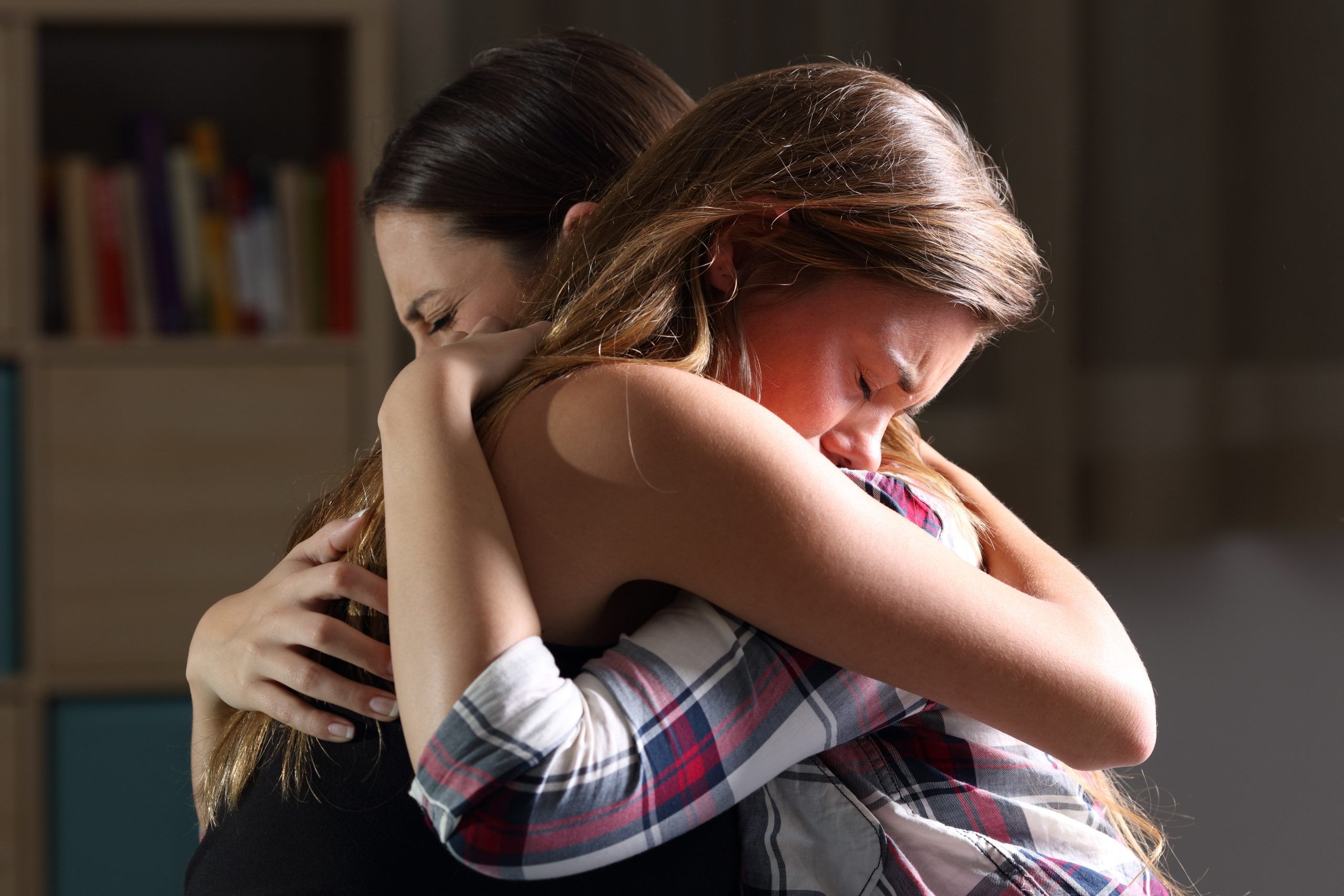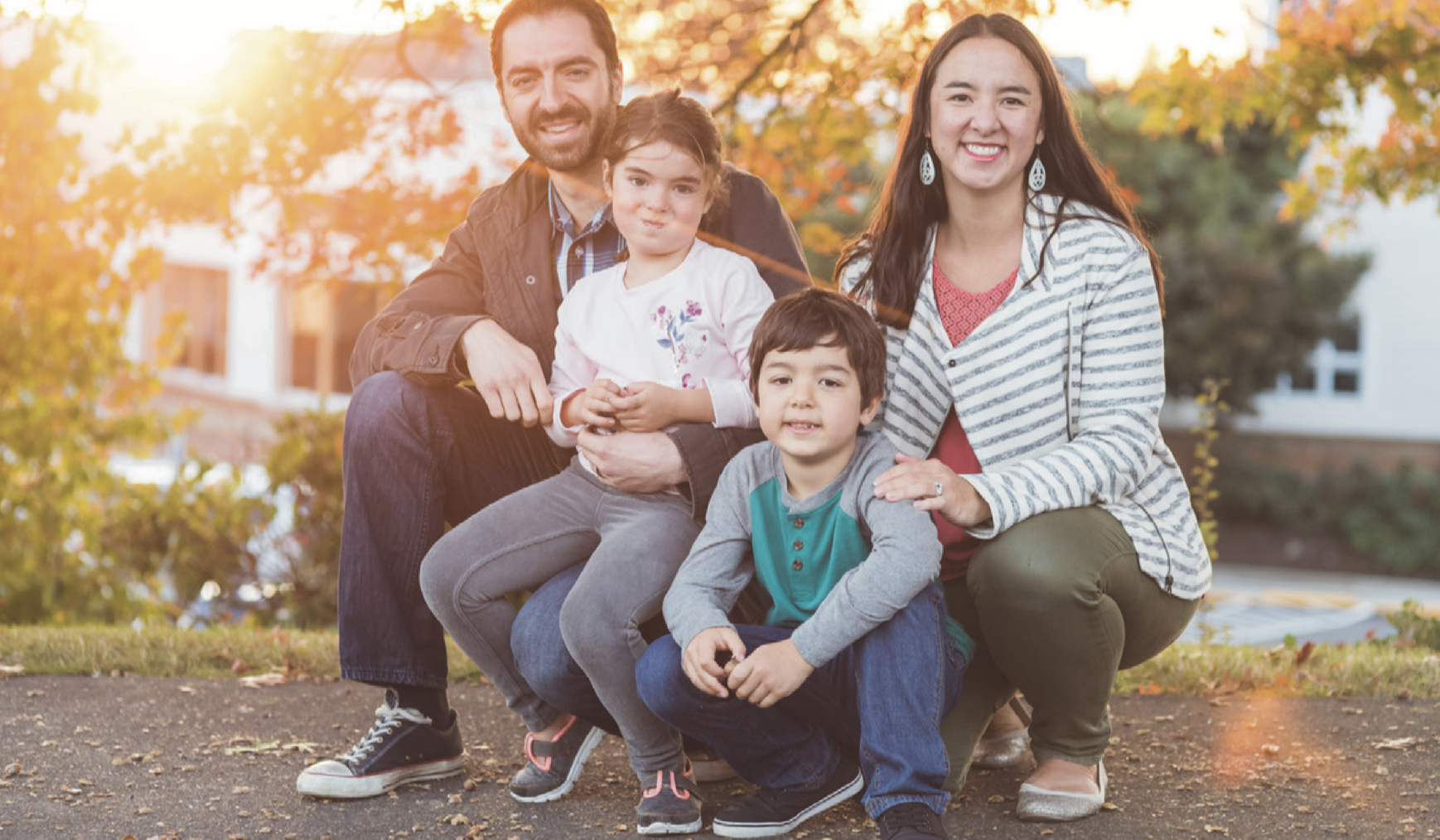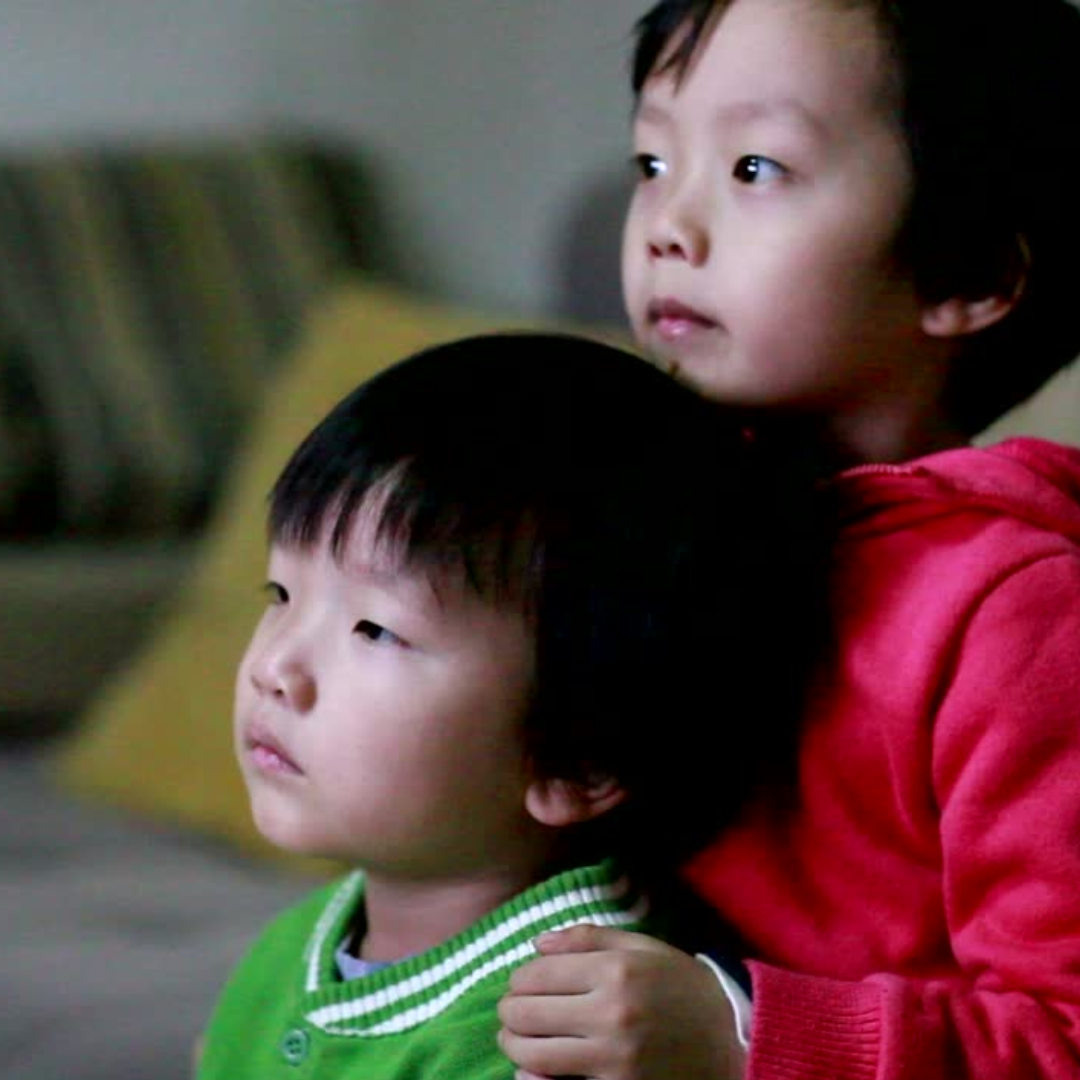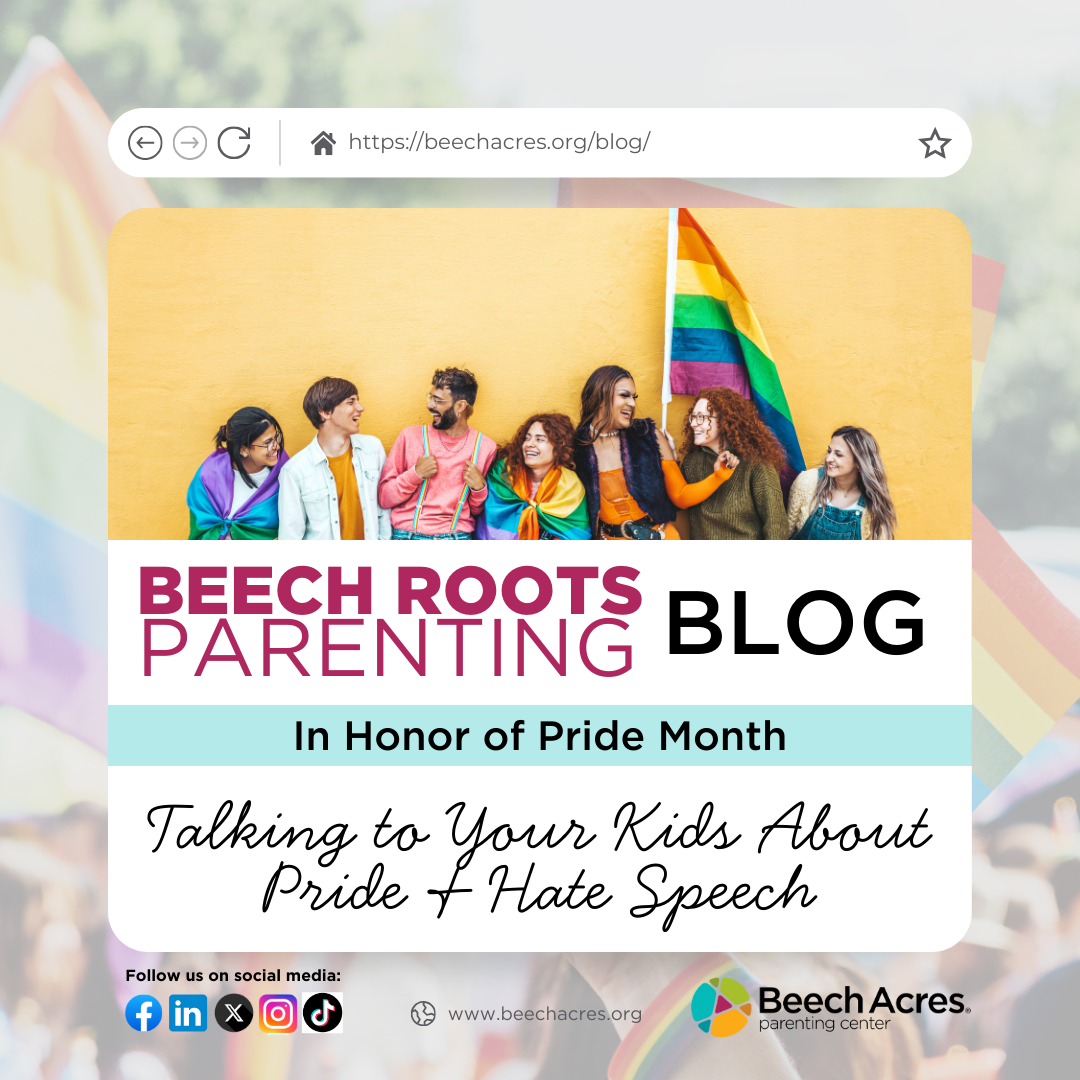A Family Guide to Dealing With Loss and Grief

A Family Guide to Dealing With Loss and Grief
A Family Guide to Dealing With Loss and Grief
Guest Blogger: Christy Honschopp LISW-S
There is no right or wrong way to grieve but there are healthy ways to deal with the grieving process- these tips and information may be able to help.
What Is Grief?
Grief is a natural response to loss. It’s the emotional suffering you feel when something or someone you love is taken away-often the pain of loss is overwhelming. You may experience all kinds of different and unexpected emotions from shock or anger to disbelief, guilt, and profound sadness. The pain of grief can also disrupt your physical health making it difficult to sleep-eat or even think straight. These are normal reactions to loss- and the more significant the loss the more intense your grief will be. Coping with the loss of someone or something you love is one of life’s biggest challenges. You may associate grieving with the death of a loved one which is often the most intense type of grief-but any loss can cause grief including:
- Divorce or a relationship break-up
- Loss of health
- Losing a job
- Loss of financial stabilization
- A miscarriage
- Retirement
- Death of a pet
- Loss of a cherished dream
- Loss of safety after a trauma
- Selling or losing the family home
The Grieving Process
Grieving is a highly individual experience- there is no right or wrong way to grieve. How to grieve depends on many factors. Depending on your personality and coping style, your life experience, your faith and how significant the loss was will determine how you will mourn your loss. Inevitably the grieving process takes time. Healing happens gradually; it can’t be forced or hurried and there is no ”normal” timetable for grieving. Some people start to feel better in weeks or months. For others, the grieving process is measured in years. Whatever your grief experience its important to be patient with yourself and allow the process to unfold naturally.
How To Deal With The Grieving Process
While grieving a loss is an inevitable part of life there are ways to help cope with the pain, come to terms with your grief and eventually find a way to pick up the pieces and move on with your life.
1. Acknowledge your pain
2. Accept that grief can trigger many different unexpected emotions
3. Understand that your grieving process will be unique to you.
4. Seek out face to face support from people who care about you.
5. Support yourself emotionally by taking care of yourself physically.
6. Recognize the difference between grief and depression.
The Stages of Grief
Elizabeth Kubler Ross in 1969 introduced what became known as the stages of grief. She based her work on studies she conducted with patients facing terminal illnesses but many people have generalized the stages to other negative life changes and experiences/losses.
The 5 stages of grief were outlined as follows:
1. Denial- This can’t be happening to me
2. Anger- Why is this happening to me- who is to blame?
3. Bargaining- Make this not happen and in return I will_____?
4. Depression- I am too sad to do anything
5. I’m at peace with what happened
If you are experiencing any of these emotions following a loss it may help to know that your reaction is natural and that you will heal in time. However, not everyone who grieves goes through all of the stages- and that’s okay. Contrary to popular belief, you do not have to go through each stage in order to heal. In fact, some people resolve their grief without going through any of the stages. And if you do go through these stages of grief, you probably won’t experience them in neat sequential order, so don’t worry about what you “should” be feeling or which stage you are supposed to be in.
Kubler Ross herself never intended these stages to be a rigid framework that applies to everyone who mourns. She made a point of saying before her work ended to say there is not a typical response to loss as there is no typical loss. Our grieving is as individual as our lives.
Use of Social Media to Grieve
Memorial pages on Facebook and other social media sites have become popular ways to inform a wide audience of a loved one’s passing and to reach out for support. As well as allowing you to impart practical information such as funeral plans, these pages allow friends and loved ones to post their own tributes or condolences. Reading such messages can often provide comfort for those grieving the loss.
It is important to be aware that posting sensitive content on social media has some inherent risks. There have been cases where well-intended people have posted opinions or comments that were insensitive and inappropriate and likewise, trolls have been known to post cruel and abusive messages on memorial pages. It is recommended that to gain protection a closed Facebook group be created for memorial purposes where people have to be invited to post comments on the site.
Taking Care of Yourself
When you are grieving it is more important than ever to take care of yourself. The stress of a major loss can quickly deplete your energy and emotional reserves. Looking after your physical and emotional needs will help you get through a difficult time.
- Face your Feelings
- Express your feelings in a tangible or creative way
- Try to maintain your hobbies and interests.
- Don’t let anyone tell you how to feel, and don’t tell yourself how to feel either
- Plan ahead for grief triggers i.e. anniversaries, holidays, birthdays and other milestone dates.
- Look after your physical health
What If Grief Lingers?
As time passes following a significant loss, such as the death of a loved one, its normal for feelings of sadness, numbness and anger to gradually ease. These and other difficult emotions become less intense as you begin to accept the loss and start to move forward with your life. However, if you aren’t feeling better over time, or your grief is getting worse, it may be a sign that your grief has developed into a more serious problem such as complicated grief or major depression. Symptoms of complicated grief include:
- Intense longing and yearning for your deceased loved one
- Intrusive thoughts or images of your loved one
- Denial of the death or sense of disbelief
- Imagining that your loved one is alive – searching for your deceased loved one in familiar places
- Avoiding things that remind you of your loved one
- Extreme anger or bitterness over your loss
- Feeling that life is empty or meaningless
If your loved one’s death was sudden, violent or otherwise extremely stressful or disturbing, complicated grief can manifest as trauma or PTSD. If this is the case it is recommended that you seek professional counseling help as this is much harder to live with and manage day to day. Likewise, if your grief seems to be crossing into depression it is best to seek a mental health professional for some support where talk therapy and possible use of anti-depressant medication may be indicated.
Grief and Loss in the Wake of COVID-19
During the current challenging times, the loss and grief that we may be experiencing comes in a different form in the midst of this pandemic. Children may be experiencing losses related to the structure and socialization that school offers. Having to social distance prevents children from having the routine that school offers. Similarly, older high school-aged children have had many things removed from their daily routines. This is intensified by the loss of activities for senior high aged kids such as senior pictures, senior trips, school dances and proms as well as graduation. Parents need to be especially sensitive to all that these activities mean to their children and allow them to express the loss in ways that offer comfort and healing. Families who have loved ones in nursing homes are affected by their inability to visit at this time and most sadly the family members of loved ones who have died from COVID-19 are unable to plan for and provide typical funeral services now in this time of social distancing. All these losses set a new landscape for our families and loved ones and remind us that grief and loss do not always just connect to the loss of life. It is important that families talk openly about these issues with one another to confront a sense of isolation and alienation overall. The strength that we have in our families at this time has been put to the test however the love we share will surely carry us through and sustain us. Hang in there. Better times are on the horizon.
Additional Resources for Addressing Grief
https://positivepsychology.com/grief-counseling/
https://hbr.org/2020/03/that-discomfort-youre-feeling-is-grief
https://positivepsychology.com/grief-counseling/
https://childmind.org/article/helping-children-cope-frightening-news/
https://www.nctsn.org/sites/default/files/resources/fact-sheet/outbreak_factsheet_1.pdf





